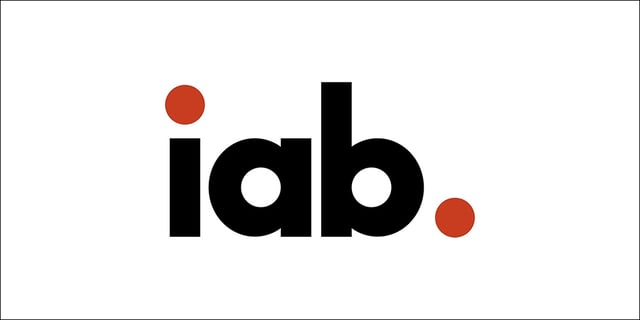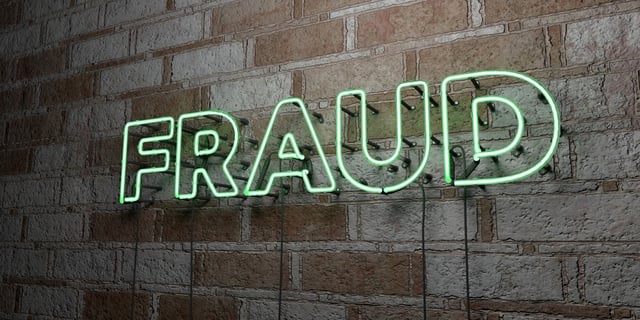
This week's review of ad fraud and quality in the digital advertising space.

AdExchanger has reported that the IAB will "retire and replace" the video player ad-serving interface definition (VPAID) standard over the next few months. "The IAB Tech Lab wants to simplify things for buyers and publishers by more clearly defining the road map for video viewability measurement and interactivity," wrote AdExchanger.
In place of the VPAID standard, the IAB intends to introduce two separate specs, one focused on third-party verification within mobile apps, and another focused on giving "giv[ing] publishers more control over interactive ads served in mobile and over-the-top environments," per AdExchanger.

"Publishers aren’t the only ones under pressure to adopt ads.txt," wrote Digiday. After The Trade Desk announced it would only buy from ads.txt-listed sellers, "expect more vendors to follow suit, said Joe Barone, managing partner of digital ad operations at media-buying giant GroupM," wrote Digiday. “The DSPs that are [adopting ads.txt] are in a good place to steal market share from the platforms that are not,” Michael Santee, programmatic media director at ad agency Cramer-Krasselt, said to Digiday.

"Monetized header bidding impression volume rose by 220% year-over-year worldwide in the third quarter of 2017," reported MediaPost, citing a new report from PubMatic. Header bidding continues to rapidly grow in mobile as well, according to the report.

Citing an Infectious Media survey, Adweek notes that 86% of marketers plan to take some portion of programmatic spend in-house. "When asked why they wanted to bring programmatic in-house, 68 percent cited programmatic’s lack of transparency, 65 percent said control was a concern and 71 percent of marketers believe that they have more qualified employees to handle programmatic," wrote Adweek.

Digiday recaps some of the anonymous letters left by publishers at one of its recent events. The notes were focused on publishers' biggest challenges. "Ad fraud is tough, especially when it comes to video," one of the notes said. Regarding reselling — a hot topic thanks to ads.txt — the same note read, "[I]t’s up to if buyers actually stop purchasing [inventory] from unauthorized sellers.”
Sign up for our blog to stay updated with new stats, trends, and analysis on digital ad fraud.
*By entering your email address and clicking Subscribe, you are agreeing to our Terms of Use and Privacy Policy.
These Stories on Weekly Recaps
*By entering your email address and clicking Subscribe, you are agreeing to our Terms of Use and Privacy Policy.

Disclaimer: The content of this page reflects Pixalate’s opinions with respect to the factors that Pixalate believes can be useful to the digital media industry. Any proprietary data shared is grounded in Pixalate’s proprietary technology and analytics, which Pixalate is continuously evaluating and updating. Any references to outside sources should not be construed as endorsements. Pixalate’s opinions are just that - opinion, not facts or guarantees.
Per the MRC, “'Fraud' is not intended to represent fraud as defined in various laws, statutes and ordinances or as conventionally used in U.S. Court or other legal proceedings, but rather a custom definition strictly for advertising measurement purposes. Also per the MRC, “‘Invalid Traffic’ is defined generally as traffic that does not meet certain ad serving quality or completeness criteria, or otherwise does not represent legitimate ad traffic that should be included in measurement counts. Among the reasons why ad traffic may be deemed invalid is it is a result of non-human traffic (spiders, bots, etc.), or activity designed to produce fraudulent traffic.”

